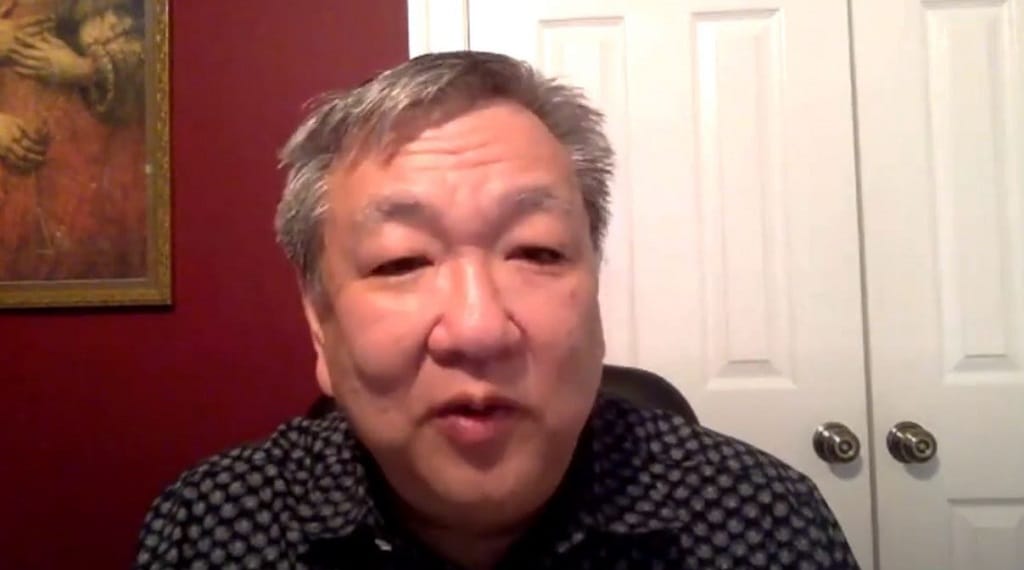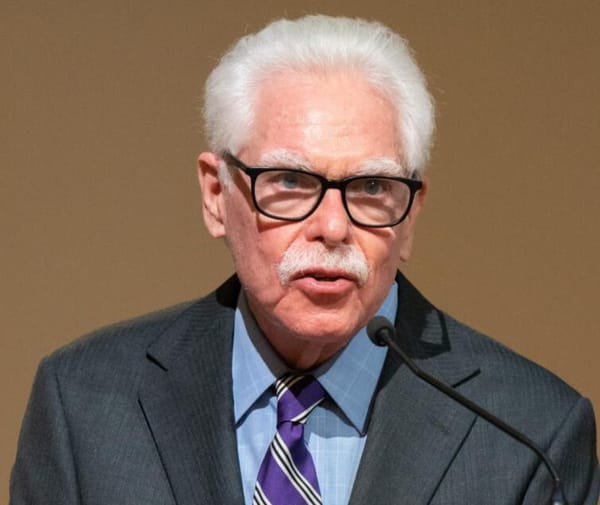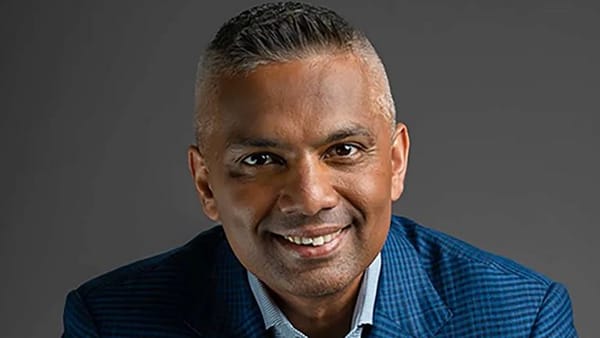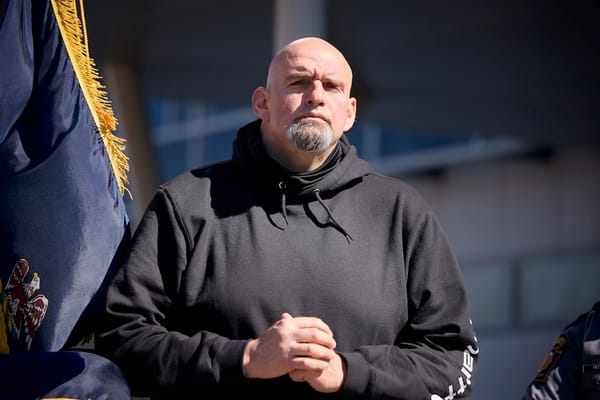FCC Hears Hawaiian Struggles with Robocalls, Spoofing
Hawaii official estimates that 10 million spoofed and robocalls go unreported.

WASHINGTON, November 3, 2021 – The Federal Communications Commission held a webinar Thursday to field concerns and raise awareness of the agency’s efforts to stifle robocalls and spoofing in Hawaii, hearing that such illegal activity is still very active on the island state.
The FCC has been on pushing publicity on the need for telecommunications companies to put in place measures to tackle illegal robocalls and scammers who mask their caller ID numbers to get unsuspecting Americans to pick up the phone. That is part of the new STIR/SHAKEN rules, the deadline for which went into effect in late June for large telecoms. (Smaller telecoms currently have an expected compliance deadline of June 2022, but there is a fight to extend the deadline for some providers.)
Lyle Ishida, FCC’s chief of consumer affairs and outreach division, hosted the webinar alongside Hawaiian reporter, Diane Ako and heard that Hawaiians face a number of malicious phone scams, including one that ostensibly originates from the island’s criminal justice data center.
Stephen Levins, the executive director of Hawaii’s Office of Consumer Protection, spoke of the ways scammers deceive consumers. Levins spoke of strategies as common as a caller asking for a social security number, to complex schemes where callers specifically target Asian Americans by impersonating Amazon workers, police departments and financial institutions. “It’s happening on a daily basis in Hawaii,” Levins said.
Underreported calls mask Hawaii’s robocall problem
Levins said he estimated that 10 million unreported spoofs or robocalls reached Hawaiian citizens in September alone, which makes it appear that the island state doesn’t have as big a problem nationally as it actually does.
Keyla Hernandez-Ulloa, associate chief of the FCC’s Consumer Affairs and Outreach Division, spoke at length about the work her organization does to combat spoofing and robocalls, not just in Hawaii, but nationally. “The FCC knows these calls are an area of concern for millions of Americans,” she said.
Thursday’s webinar was also another example of the FCC driving up its engagement with local officials to ensure they are up to speed on what the agency is doing. FCC Chairwoman Jessica Rosenworcel has spoken about outreach as a priority for the agency to ensure its message gets to local communities, especially those who need funds for broadband expansion.







